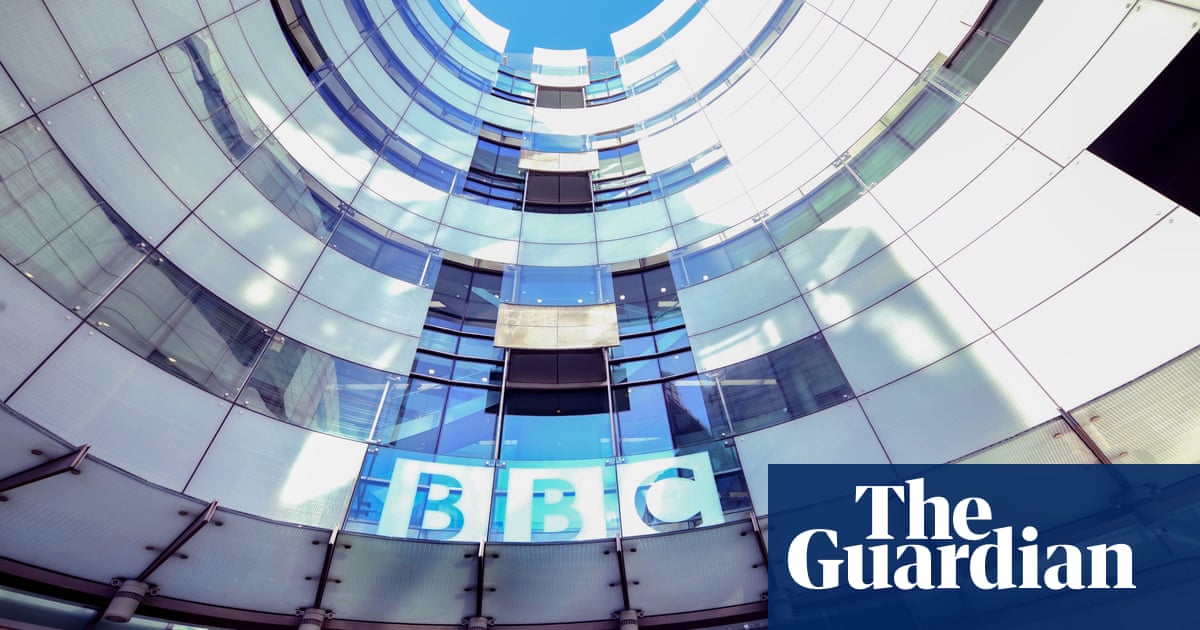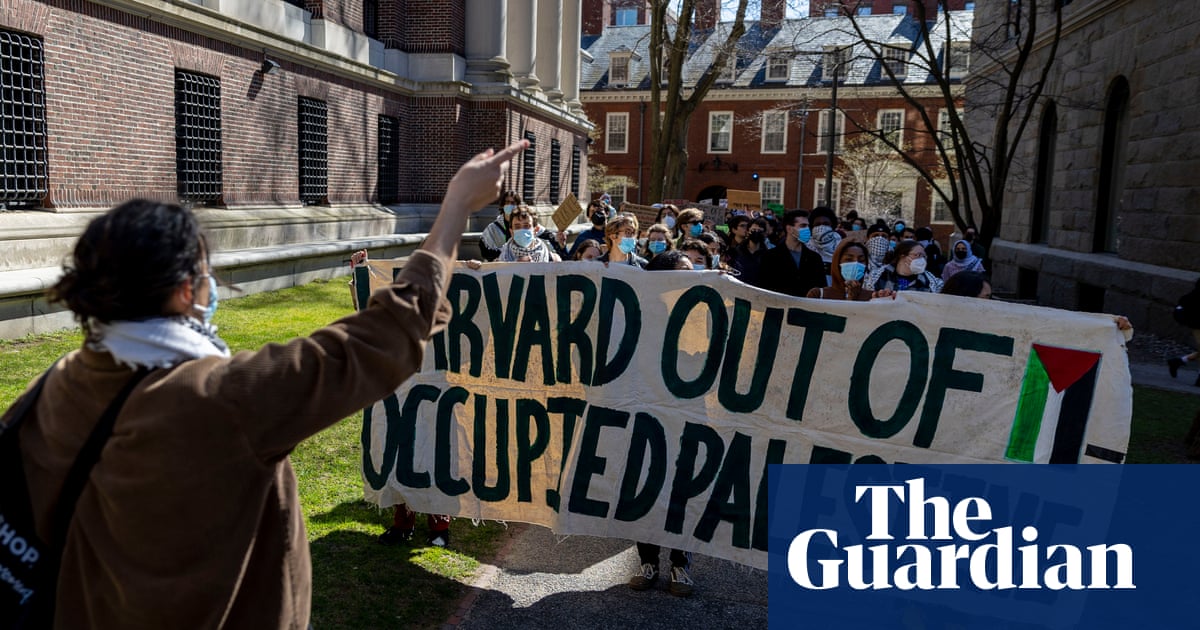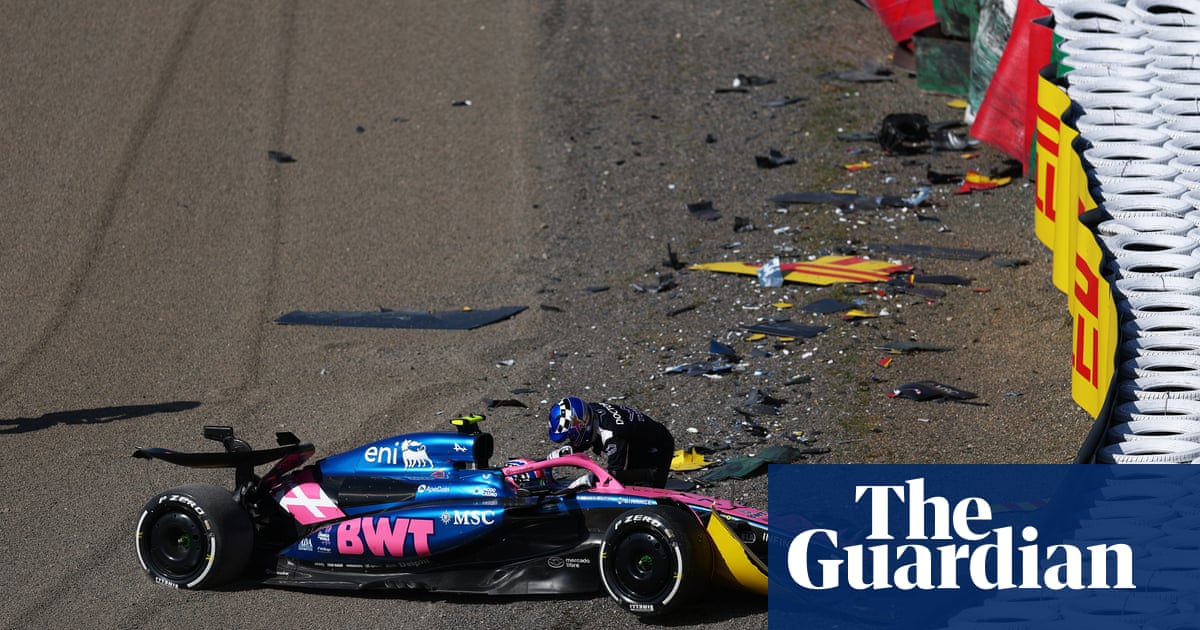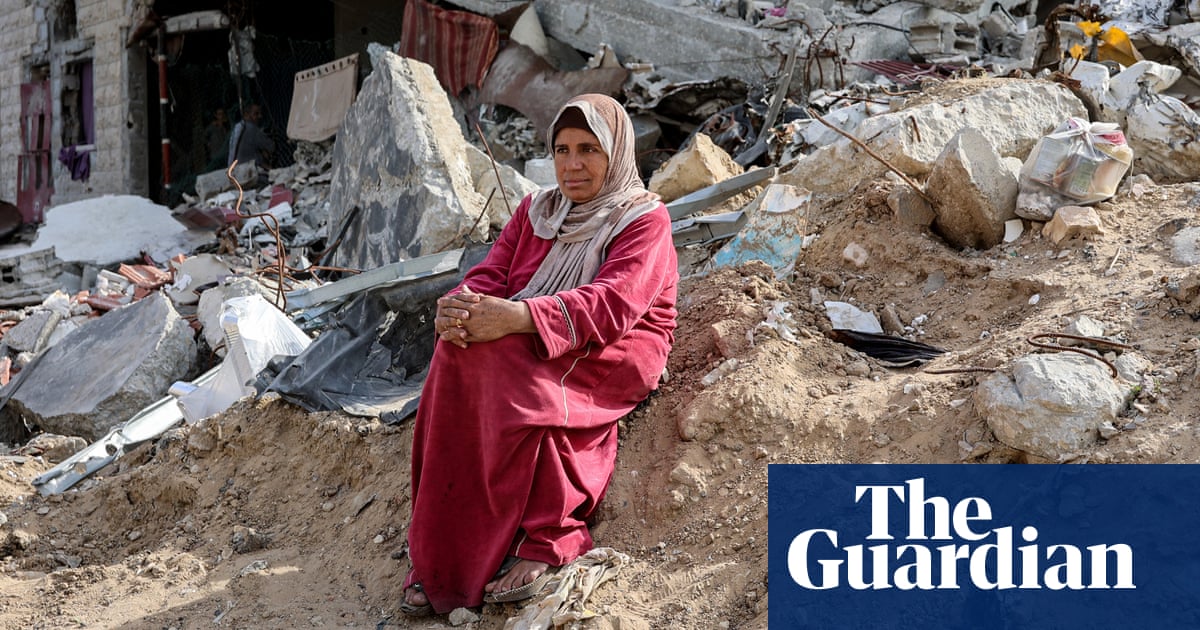It has been a testing week for democracy across Europe and Asia. But the good news is that, by and large, countries that trust the people to decide who governs them are weathering the storm. This outcome is by no means final or certain, nor can it be in an era when authoritarian, dictatorial and illiberal regimes are advancing. It is now commonplace, indeed normal, for democratic electoral processes to be subverted, disrupted and disputed from within and by external forces using clandestine, hybrid methods. The latest upheavals also come amid signs of regression in the US, the country most closely identified with democratic rights and freedoms.
A video of a young South Korean woman seizing the barrel of a soldier’s rifle during scuffles outside the national assembly in Seoul last week provided one of those symbolic moments when the unending battle between right and might is captured for the world to see. The footage of Ahn Gwi-ryeong, a former TV anchor who is spokesperson for South Korea’s opposition Democratic party, was watched by millions. “Are you not ashamed?” she asked the soldier. Thousands of other people, many young or younger than she is, showed similar courage. They formed protective human chains around the parliament building as lawmakers gathered to vote down President Yoon Suk Yeol’s unjustified and outrageous declaration of martial law.
Who says younger people are politically disengaged? It’s an oft-heard stereotype among older generations in countries such as the UK. In South Korea, more than 51% of the population is 45 or under, according to the 2020 census, and it was mainly they who spontaneously streamed out of offices and workplaces on to the streets of the capital last Tuesday to stop what opposition politicians called a constitutional coup. They are too young to remember the last time the army took charge – it was 1979, after the assassination of the military dictator Park Chung-Hee. South Korea has been a parliamentary democracy since 1987. They aim to keep it that way.
Younger voters committed to democracy and supportive of stronger EU ties are also playing a prominent role in electoral upheavals in Romania and Georgia, on Europe’s eastern fringe. Here, one of the biggest obstacles they face is the nefarious activities of Russia, which, along with its ally China, has evolved under Vladimir Putin into the world’s leading anti-democratic force. New information gathered by Romania’s intelligence agencies suggests that Moscow covertly manipulated thousands of social media accounts to promote the hard-right, pro-Russia presidential candidate Călin Georgescu across platforms such as TikTok and Telegram.
after newsletter promotion
After Georgescu won a wildly improbable victory in the first round vote last month, many voters smelled a rat. Legal challenges and furious street demonstrations in Bucharest ensued. Protesters chanted “Europe!”, “No fascism” and waved banners saying “Democracy is in danger”. The pressure told. On Friday, Romania’s constitutional court annulled the election result, cancelled the second round and ordered the government to restart the whole process. There is no guarantee that this decisive action will ultimately ensure a free and fair vote. But Romanians are to be congratulated on their robust defence of democracy. It carried with it a not-so-faint echo of Ukraine’s 2004-5 Orange Revolution, sparked by another electoral travesty.
There is a whiff of revolution, too, in the weeks-long struggle of the people of Georgia to rescue their democracy. A violently repressive government, led by the Russia-influenced Georgian Dream party, blatantly stole October’s parliamentary elections. The European parliament agreed that the poll was neither free nor fair, prompting Georgian Dream to suspend EU accession talks. In Georgia, democracy is under siege – and it needs help to survive. Instead of wringing their hands, the EU and the US should be proactively working with President Salome Zourabichvili, who is leading opposition demands for fresh elections, to ensure this battle also ends in victory.
All these trials and tribulations lend necessary perspective to the more widely publicised democratic tumult in France. While the country faces many difficulties, an imminent authoritarian takeover fuelled by red gold isn’t one of them. Marine Le Pen, leader of the far-right National Rally, was instrumental in bringing down Michel Barnier’s government. Le Pen would certainly like to bring down President Emmanuel Macron, too. But he has a democratic mandate running until 2027, and is now scrambling to appoint another compromise prime minister, possibly with the help of the Socialists – whose leader, Olivier Faure, appears minded to break with hard-left parties in the New Popular Front alliance. France’s basic problem is structural, not electoral. Like Britain, it is an old country living beyond its means. A political crisis? Yes. But talk of coups and collapses is overwrought. France will rightly celebrate the reopening of Notre Dame Cathedral this weekend with great pomp and ceremony. Then it’s the Christmas holidays. Its democracy is probably safe for now.
May the same be said of the US? Sadly not. Each day of the transition between President Joe Biden’s administration and that of his dictator-like successor, Donald Trump, brings intimations of another planned outrage against democracy. Many of Trump’s sycophantic crew of hard-right appointees do not appear to believe in accountability, transparency, or even plain honesty. Trump’s agenda amounts to nothing less than a repurposing of the government for his own political and personal ends, starting with a purge of perceived foes by an eviscerated justice department and neutered FBI. Democracy in America, that shining city upon a hill, is in peril. Who will seize the rifle barrels in Washington DC?

 3 months ago
57
3 months ago
57













































